Amazon Takes on Nvidia: The Next Step in AI Chip Development
By admin | Nov 14, 2024 | 4 min read
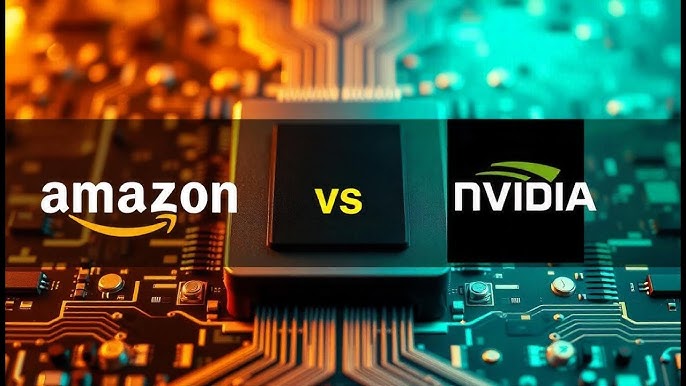
Amazon is making a bold move to strengthen its standing in the artificial intelligence (AI) chip market, seeking to compete with industry heavyweight Nvidia. In its latest effort, Amazon plans to launch new, cutting-edge AI chips aimed at powering high-level machine learning tasks more efficiently within Amazon Web Services (AWS), the company's massive cloud computing arm.
This push to enhance its AI capabilities builds on years of Amazon’s deep investment in custom silicon. Led by Annapurna Labs, a specialized chip developer acquired by Amazon in 2015, the initiative focuses on designing AI chips that can reduce both operating costs for AWS and expenses for its clients. These savings are particularly significant in an industry where cloud computing and machine learning services are notoriously expensive, often costing companies millions annually.

Annapurna’s ‘Quiet Lab’ for AI Chip Testing
Enter Trainium 2: Amazon’s Latest Chip
A centerpiece of Amazon’s strategy is Trainium 2, a new chip built specifically for training advanced AI models. Set to be showcased next month, Trainium 2 is already being tested by notable tech partners, including Anthropic, an AI firm backed by a $4 billion investment from Amazon, as well as Databricks, Deutsche Telekom, and Japan-based Ricoh and Stockmark. This new addition is intended to compete directly with Nvidia's high-performance processors, which currently dominate the AI training and inference market.
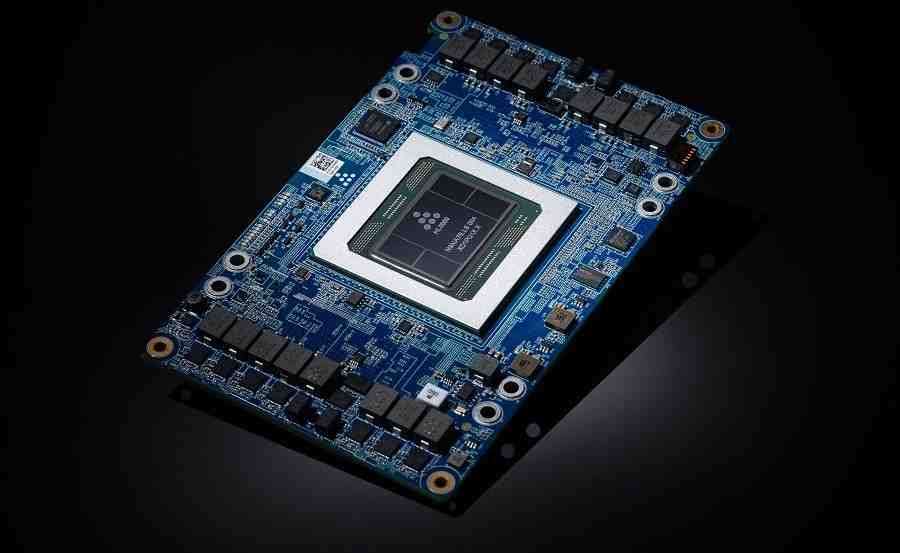
AWS Trainium Chip Demo
By offering an alternative to Nvidia’s chips, AWS aims to provide a more cost-effective option for companies seeking to run their AI operations without compromising performance.
“We want to be absolutely the best place to run Nvidia,” explained Dave Brown, AWS’s VP of Compute and Networking Services. “But at the same time, we think it’s healthy to have an alternative.”
One of the existing products in this line, Inferentia, has already demonstrated promising results in terms of efficiency. According to Amazon, using Inferentia for model inference (generating responses from trained AI models) can cut costs by up to 40%. For clients operating at large scales, these savings add up quickly, allowing companies to reinvest that capital back into growth and development.
A Surge in Tech Infrastructure Investment
Amazon’s ambitions in AI aren’t coming cheap. In 2024 alone, the company expects to spend approximately $75 billion on capital investments, with a significant portion earmarked for infrastructure to support AI and machine learning. This marks a major increase from 2023's $48.4 billion spending on similar investments, underscoring how serious Amazon is about scaling up its AI capabilities.
The AI arms race is heating up among major tech players. Microsoft and Google, like Amazon, are ramping up their infrastructure budgets to support the ongoing demand for machine learning and AI services. Meanwhile, companies like Meta are also developing their own custom chips to reduce reliance on Nvidia and gain greater control over their data center operations.
Vertical Integration: The Future of Cloud AI
Tech companies are increasingly pursuing vertically integrated AI systems, where custom chips are designed to work seamlessly within proprietary hardware and software environments. As Daniel Newman, a principal analyst at The Futurum Group, notes, “Every one of the big cloud providers is feverishly moving towards a more verticalized and, if possible, homogenized and integrated [chip technology] stack.”
Amazon, in particular, is building its AI infrastructure from the ground up, from silicon wafer design to server racks, all supported by AWS’s proprietary software ecosystem. According to Rami Sinno, Annapurna’s director of engineering, this approach allows Amazon to maintain control over every detail of the AI computing process, providing a level of customization and efficiency that’s difficult to match. “It’s really hard to do what we do at scale,” he says. “Not too many companies can.”
AI’s New Frontier
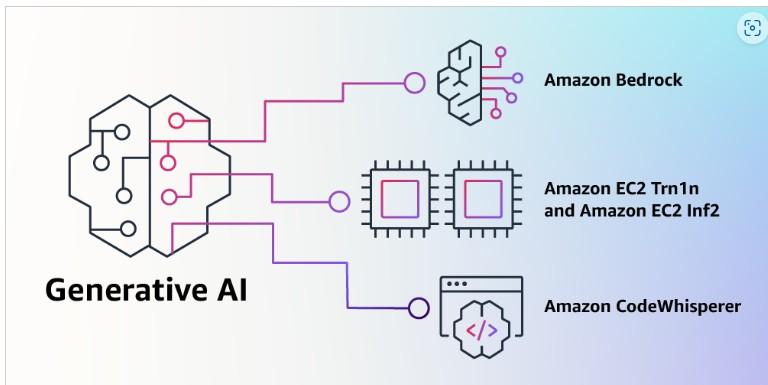
As the demand for AI computing power continues to rise, Amazon's push to develop a robust in-house AI chip portfolio could prove transformative, both for its own operations and for the broader AI industry. By building chips like Trainium 2 and Inferentia, Amazon not only provides an alternative to Nvidia but also signals a shift in the industry towards specialized, highly integrated technology stacks.
Comments
Please log in to leave a comment.
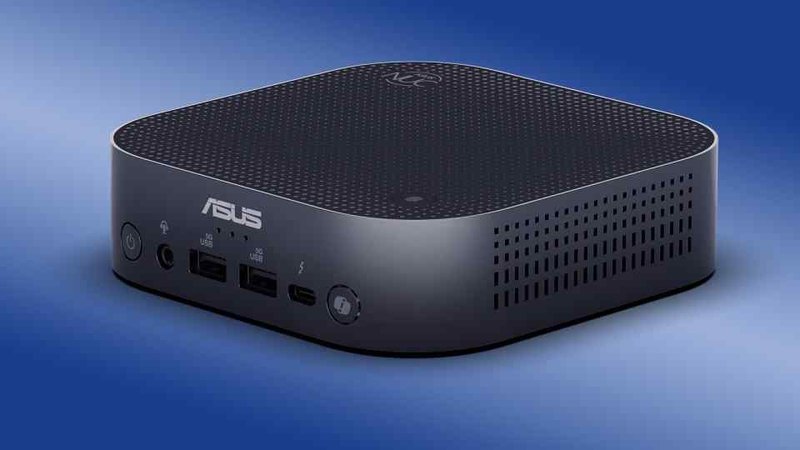

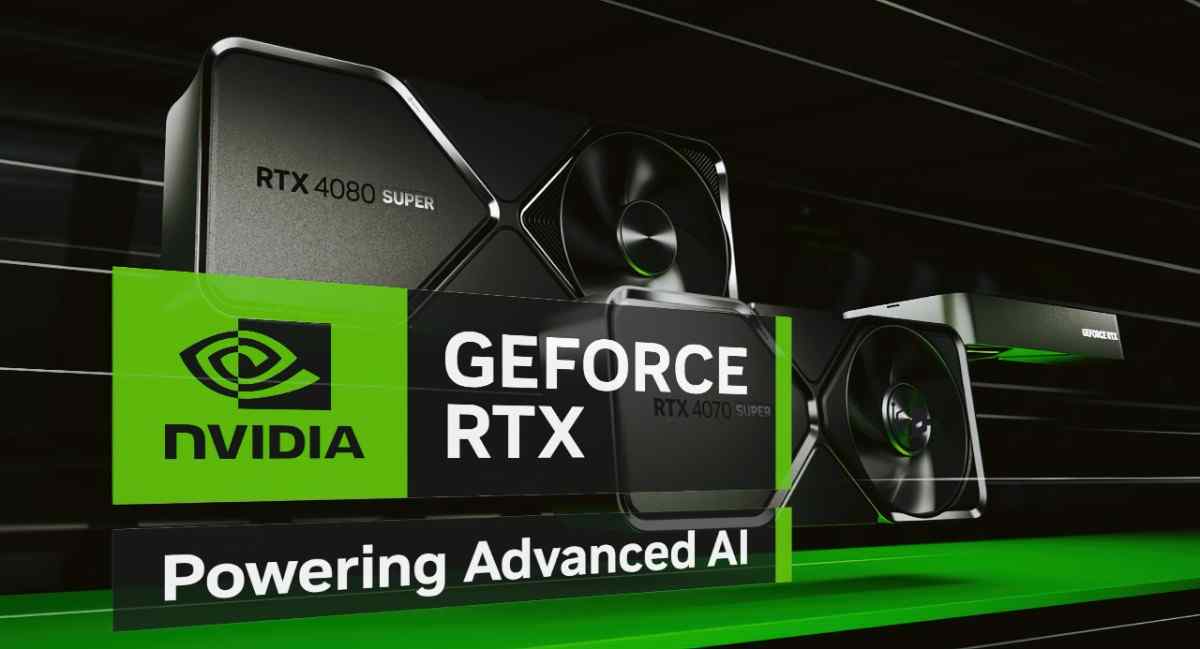

No comments yet. Be the first to comment!